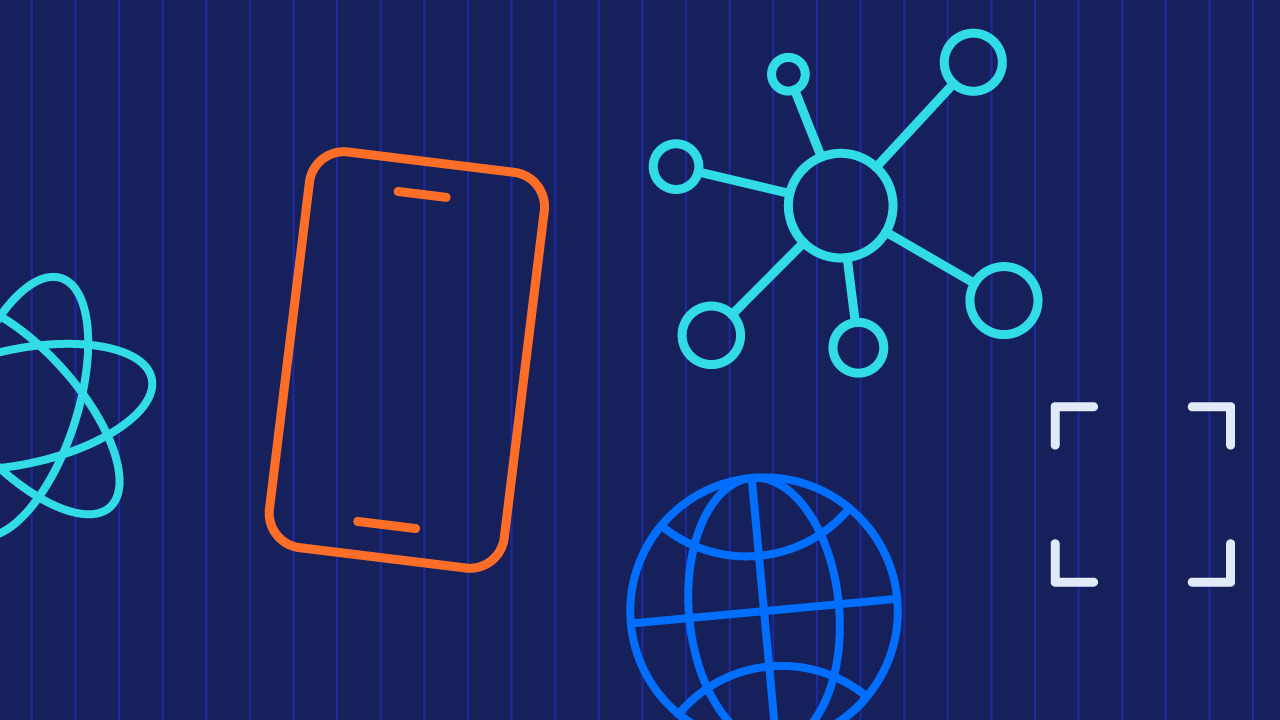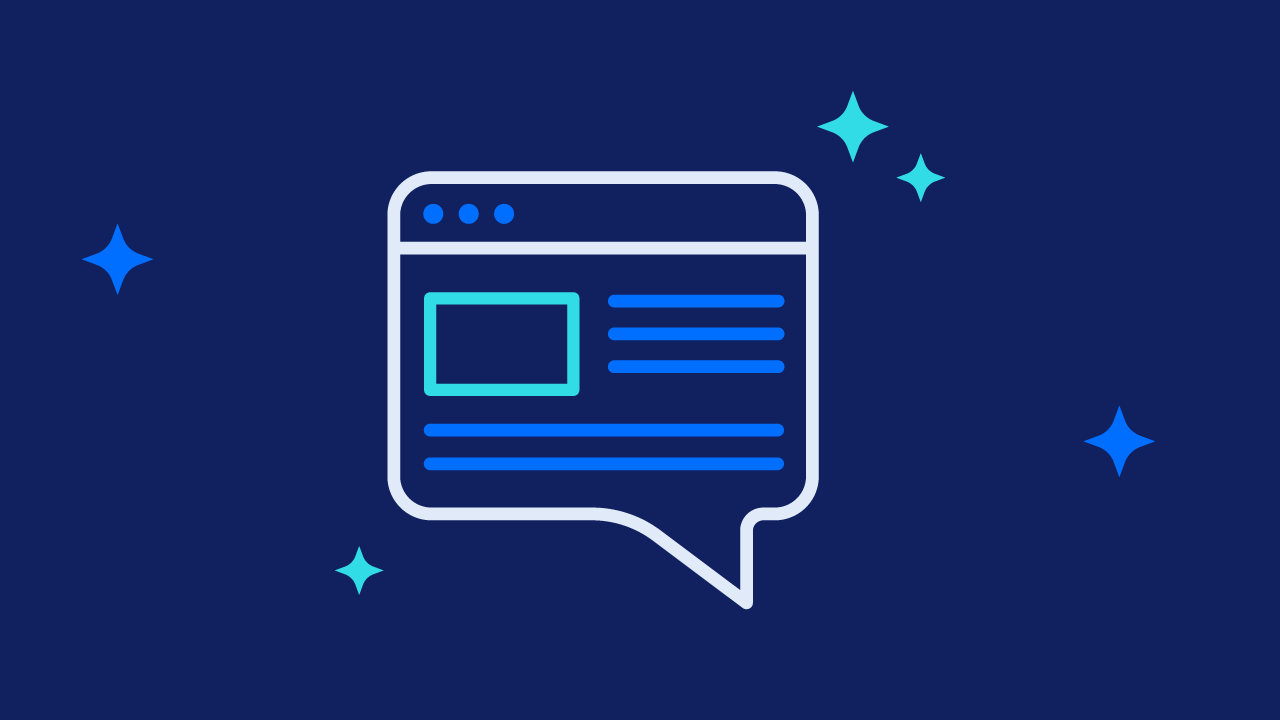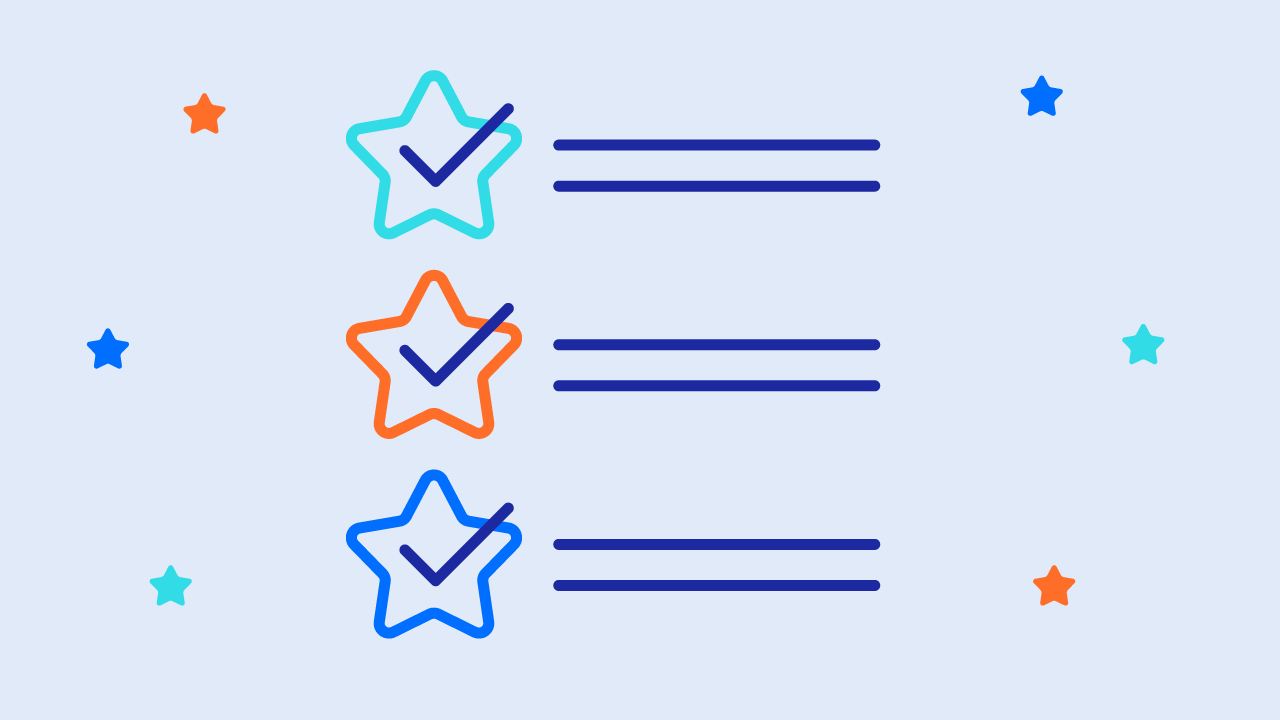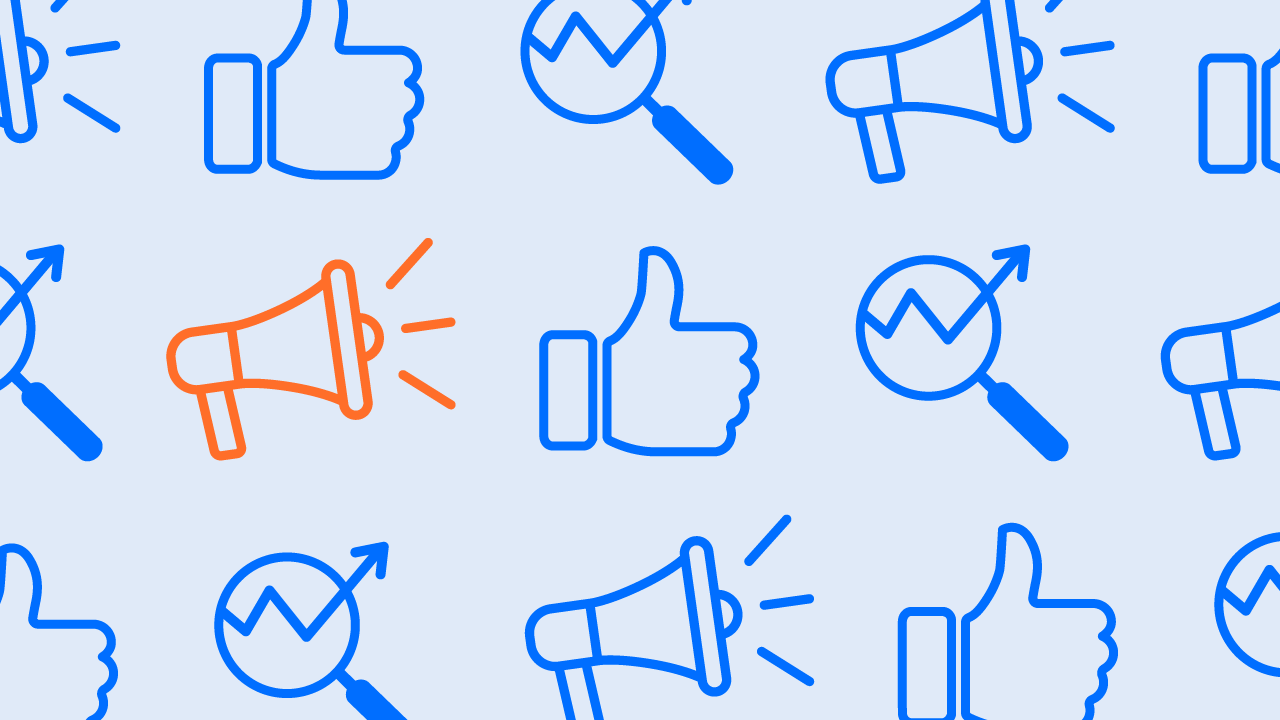The growth of artificial intelligence (AI) technology in the last 12 months has given the PR and communications industry plenty of food for thought. Generative tools like ChatGPT have the capability to transform the way the industry operates, though the key to unlocking AI’s potential rests in how humans interact with it.
This was the topic of discussion in a recent episode of The PRWeek Podcast, in which PRWeek Editorial Director Gideon Fidelzeid discussed all things AI with Antony Cousins, Executive Director of AI Strategy at Cision. While we encourage you to listen to the full podcast episode, if you’re short on time, we’ve provided three takeaways from the podcast, exploring key questions that PR teams need to be asking about working with AI.
#1: What Tasks Can AI Do Better Than Humans?
Though ChatGPT and similar text and image tools have opened the door for fast content creation, Cousins notes that AI is “still passive” and requires human guidance to accomplish tasks.
Cousins adds that ChatGPT may not always be capable of generating “great text,” but it provides a tool for creators to quickly get started.
"AI can do 80%, but you absolutely need a human to oversee, to check [the generated copy] for bias and for that [human] intuition and experience."
Where AI excels right now is in quickly processing vast amounts of data. For PR pros, Cousins cites analysis and distribution as two examples where AI has the upper hand. “That is something AI can do better at the basic level,” he says. “If you’ve got millions of mentions in a topic you’re trying to analyze, you don’t have a chance of getting through that in a way that an AI could.”
In the case of journalist outreach, Cousins notes that both humans and AI can identify reporters, audiences and outlets to place specific stories. However, AI can execute this task at scale faster than a human could. “You might make a better decision on an individual outlet, but you can't do that for 1,000 outlets,” he says. “So that's something where I see AI taking more of a role.”
Though AI will take care of automating time-consuming tasks and combing through data, it’s still down to PR pros to make sense of what the technology presents. “Understanding the story you want to tell your client, your boss, your organisation, or your stakeholders and how it needs to be configured to make your point, that is still human,” Cousins says.
#2: Is There a Right Place and Time to Use AI-Generated Content?
The short answer is yes. Use of AI to create and publish content is still in its infancy, so it’s natural to be concerned about when and where to deploy it and what impact it will have on the reader.
In Cousins’ view, using AI to generate text is “not a problem in a situation where you’re creating content using your own knowledge and experience.” He gives the example of a press officer using AI to help generate a press release, explaining that AI’s role is to speed up the process of creating copy a PR professional would have produced otherwise.
Another example of this would be using AI “to improve or check text you’ve already written, because those are things you would use colleagues for. That’s not a problem.” Where use of AI gets into tricky ethical territory is “when you yourself are using AI-generated text to represent knowledge or experience you don’t have.”
Cousins says it’s important to be wary of AI use in areas like responding to customers or journalist media requests. “Just creating an answer on ChatGPT and pasting it into the response is presenting itself fraudulently, right? That is an existing kind of illegality in some situations, so I don’t think the tool itself changes that. We’ve got to use those existing frameworks of what is deemed acceptable or not.”
#3: How Will AI Affect the Creative Industries?
The use of AI has prompted many questions around the ethical concerns PR pros need to be mindful of. For example, AI text or image generators may bring bias and discrimination that could be inherent in the data used to train them.
There is one aspect of the ethics discussion that Cousins believes isn’t being talked about, though, and that’s the longer-term impact it will have on the creative industries.
“In PR, we use many different supporting providers. We use videographers, we use photographers, and we exploit the products of those industries to further the causes of our brands,” he says. “The challenge we’ve got with AI is that if it becomes capable of producing, let’s say, 80% of those basic tasks that all those creative folks do for us right now, then we have a real risk that we are wiping out the creative industries, because we’ve automated that work.”
"The PR industry has an ethical responsibility to protect and ensure the engagement of humans in our supporting processes or risk losing this resource when it’s really needed."
“I think two to three years down the line, if we’ve all just slept-walked into using generative AI for our images and videos, we’re all of a sudden going to find ourselves with a lot less humans surrounding us with human decision-making and human intuition in those supporting creative processes,” he says.
For more insights into the application of AI in PR – including the accuracy and “hallucinations” of generated content, the speed with which new AI products are hitting the market, and what a PR team will look like five years from now – listen the podcast in full.
To learn more about how CisionOne utilizes AI to help PR and communications teams, get in touch to speak with an expert today.
